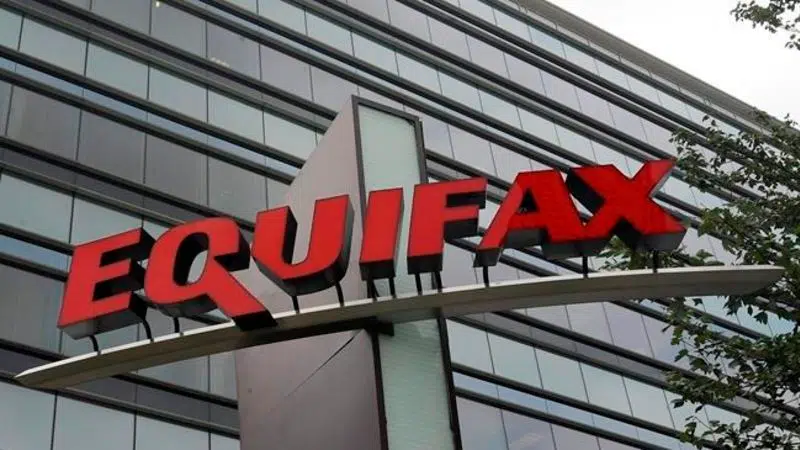
Equifax to pay up to $700M in data breach settlement
NEW YORK — Equifax will pay at least $700 million — and potentially much more — to settle lawsuits over a 2017 data breach that exposed the Social Security numbers and similar sensitive information of roughly half of the U.S. population.
The settlement with federal authorities and states , reached Monday, includes up to $425 million in monetary relief to consumers, a $100 million civil penalty, and other offers to the nearly 150 million people who could have been affected. It can’t, however, guarantee safety for individuals whose stolen information could circulate on the internet for decades.
The breach was one of the largest ever to threaten Americans’ private information. The credit reporting company didn’t notice the intruders targeting its databases, who exploited a known security vulnerability that Equifax hadn’t fixed, for more than six weeks.
The compromised data included Social Security numbers, birth dates, addresses, driver license numbers, credit card numbers and in some cases, data from passports. The resulting scandal led to the abrupt dismissal of Equifax’s then-CEO and many other executives at the company.


